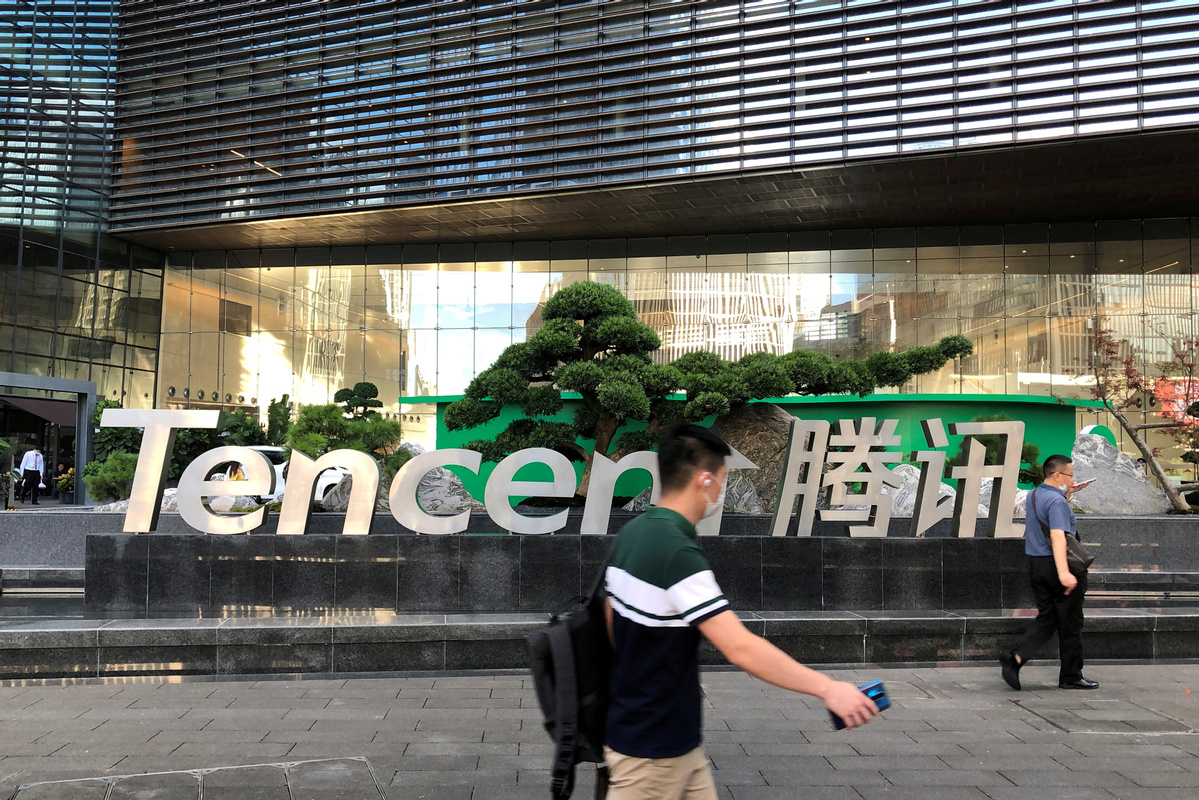Encouraging competition, boosting innovation
By MA SI | China Daily | Updated: 2021-08-30 09:02

In July, the top market regulator imposed a penalty of 500,000 yuan ($77,200) each on a string of internet-based companies, including Tencent, Meituan and JD, involved in 22 cases of violation of the antimonopoly law.
That came after Alibaba was fined 18.23 billion yuan in April, equivalent to 4 percent of the company's domestic sales in 2019, for its monopolistic behavior, including forcing collaborating merchants to choose between Alibaba's online marketplaces such as Taobao and Tmall and those of its competitors for selling their products.
Wu from the State Administration for Market Regulation said the Alibaba case was the world's first monopoly case in online retail platform services, and was quite challenging.
During the investigation, the regulator focused on studying and grasping the development patterns of the digital platform economy. It conducted extensive investigations and evidence collection to ascertain the facts of the case; it also organized in-depth research and gathered opinions of the enterprises involved to protect their legitimate rights, Wu said.
The watchdog said its investigation concluded that Alibaba had hindered competition in online retail in China, affected innovation in the platform-based internet economy, hurt the lawful rights of merchants and damaged consumers' interests.
Fang Chaoqiang, a lawyer at Beijing-based Yingke Law Firm, said the Alibaba case is a landmark event that shows the country's true enhancement of action against monopolistic behavior. The nation's online platform operators will develop under increasingly sound and clear antimonopoly regulatory rules.
Sun Nanxiang, a researcher at the Chinese Academy of Social Sciences' Institute of International Law, said that antitrust measures are a worldwide trend and the ultimate purpose is to leverage legal tools to restore fair and effective competition in the market.
For years, US tech giants such as Google, Apple and Amazon have been facing continuous scrutiny and fines from government authorities globally for monopolistic behavior. European Union regulators slammed Google with a record 4.34 billion euros ($5 billion) antitrust fine in 2018 for using its Android mobile operating system to squeeze out rivals.
"Anti-monopoly supervision over those tech giants didn't cause them to lose core competence, but helped them to stimulate innovation and entrepreneurship and, at the same time, restore market confidence," Sun said.
To boost antitrust enforcement, the State Council, China's Cabinet, unveiled the anti-monopoly guidelines on the country's platform economy in February, which further clarified the principles of anti-monopoly law enforcement in the platform economy sector and refined the analytical approach, thus providing clearer guidance to undertakings in the platform sector on how to conduct their operations legally and compliantly.
In addition to the post-punishment model involving imposition of fines, the State Administration for Market Regulation is adopting early intervention to create a level playing field for companies.
In July, the administration prohibited the merger of the Tencent-backed game streaming platforms Douyu and Huya on the ground that any such merger would eliminate competition.
This is the first time that the market regulator had prohibited a merger in the internet industry since the anti-monopoly law came into effect in 2008, experts said.
The post-punishment and early intervention models will become two main forms of the anti-monopoly measures in the future, even if early intervention is comparatively rare in antitrust law enforcement, they said.
Early intervention is conducive to preventing negative market effects and damage to the reputations of the enterprises. That requires the watchdog to make its supervision more efficient and preemptive. The enrichment of the watchdog's antitrust toolkit means it can suit the remedy to the case while exercising its power, experts said.
Frank Fine, head of international antitrust at Beijing-based DeHeng Law Offices, said in an interview that this forced "growing up" would help Chinese firms boost their competitiveness globally.
"If they're able to keep their profits going, grow their markets and improve their services in such a way as to offset the antitrust pressure that they're facing, they'll have won," Fine said. "The likelihood of them succeeding globally becomes much greater."
Xiang Ligang, director-general of the Information Consumption Alliance, a telecom industry association, said the antitrust moves will encourage market competition and boost innovation, particularly from startups and newcomers.
"An institutional environment for healthy market competition serves the interests of all parties, including the big companies," Xiang said.
























